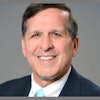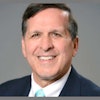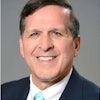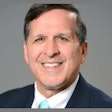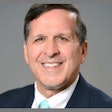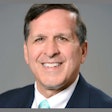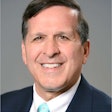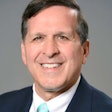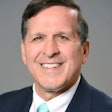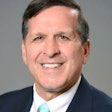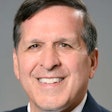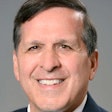While social media has the potential to have a positive social impact, there is need for greater accountability and guidelines among medical professionals who use tools such as Facebook and Twitter, according to new research conducted by Katherine Chretien, MD, an associate professor of medicine at the George Washington School of Medicine and Health Sciences.
Some physicians who are regular users of Twitter are disseminating unethical and unprofessional content, Dr. Chretien said in a research letter in the Journal of the American Medical Association (February 9, 2011).
The study, approved by the Washington DC Veterans Affairs Medical Center, was initiated to describe the characteristics of self-identified physicians on Twitter and how they use Twitter, with a specific focus on professionalism. The researchers examined 5,156 tweets from 260 self-identified physicians with 500 or more followers between May 1 and May 31, 2010.
They found that 3% of the tweets were categorized as "unprofessional," meaning that they included profanity, potential patient privacy violations, sexually explicit material, or discriminatory statements. In addition, 1% of the tweets were marked "other unprofessional," which included unsupported claims about a product they were selling on their website or repeated promotions of specific health products. Ten of these statements about medical therapies countered existing medical knowledge or guidelines, potentially leading to patient harm.
"This research helped us to identify how physicians are using social media and has helped us gauge whether or not there is need for greater accountability for physicians who use social media," Dr. Chretien said in a university press release. "While the majority of tweets were potentially helpful, the ethical breaches and unprofessional content raised a red flag."
